
Urban regeneration
Spoke 1 is dedicated to safeguarding and enhancing the potential of the natural environment within the city, from biodiversity to renewable energy sources, from monitoring to involving citizens in sustainable mobility: building the city of the future together
The goal is a multi-criteria, participatory design capable of enhancing the peculiarities of the territory to create more sustainable cities tailored to the needs of today’s citizens. The economic evaluation of various elements, from ecosystem services of green areas to the estimation of the effects of certain urban planning choices on human health, will be essential not only to quantify the value of regeneration processes but also to identify levers and funding models for interventions. This will form the basis for large-scale projects of urban afforestation, de-pavement, and recovery of critical and disused areas found in different cities.
Within Spoke 1, particular focus will be dedicated to emerging city issues such as those related to urban waste, which can become a resource. A second key theme concerns energy choices, and finally, the issue of mobility and logistics will be addressed. Regarding the waste and waste theme, the concept of an integrated biorefinery with the territory will be applied through the development of appropriate technological tools to redesign supply chains and valorize biomass. Both emerging chemical technologies and biotechnological approaches will be considered to transform waste into new materials and molecules, fully applying the principles of sustainability and circular economy.
On the energy front, Spoke 1’s efforts will aim to promote the development of carbon-neutral districts and Positive Energy Districts (PED) through technical innovations, as well as innovative economic schemes and tools related to energy efficiency and the production and management of renewable energy to meet the needs of the 21st century: reducing energy, materials, and land use flows. The aim is also to protect communities from climate warming and the exacerbation of extreme events.
Regarding mobility, the ecosystem will focus on both the technological aspects of new mobility processes and behavioral and social aspects, as well as innovative policies, economic measures, and management support for mobility.
Finally, it is important to emphasize that while Milan represents the laboratory of Spoke 1, researchers and businesses will collaborate intensely at the national and international levels to promote a sustainable and scalable urban transition in various contexts. The strength will be collaboration with research centers and institutions in southern Italy with the aim of sharing technologies, innovation processes, feasibility plans, and transfer actions to the territory.
SPOKE 1
Latest News
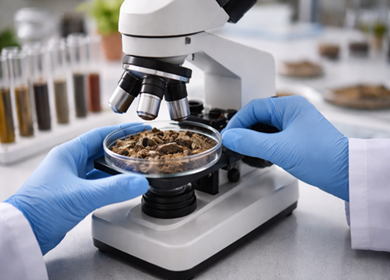

Measuring the Health of Urban Soils: An Innovative Approach for Sustainable Cities
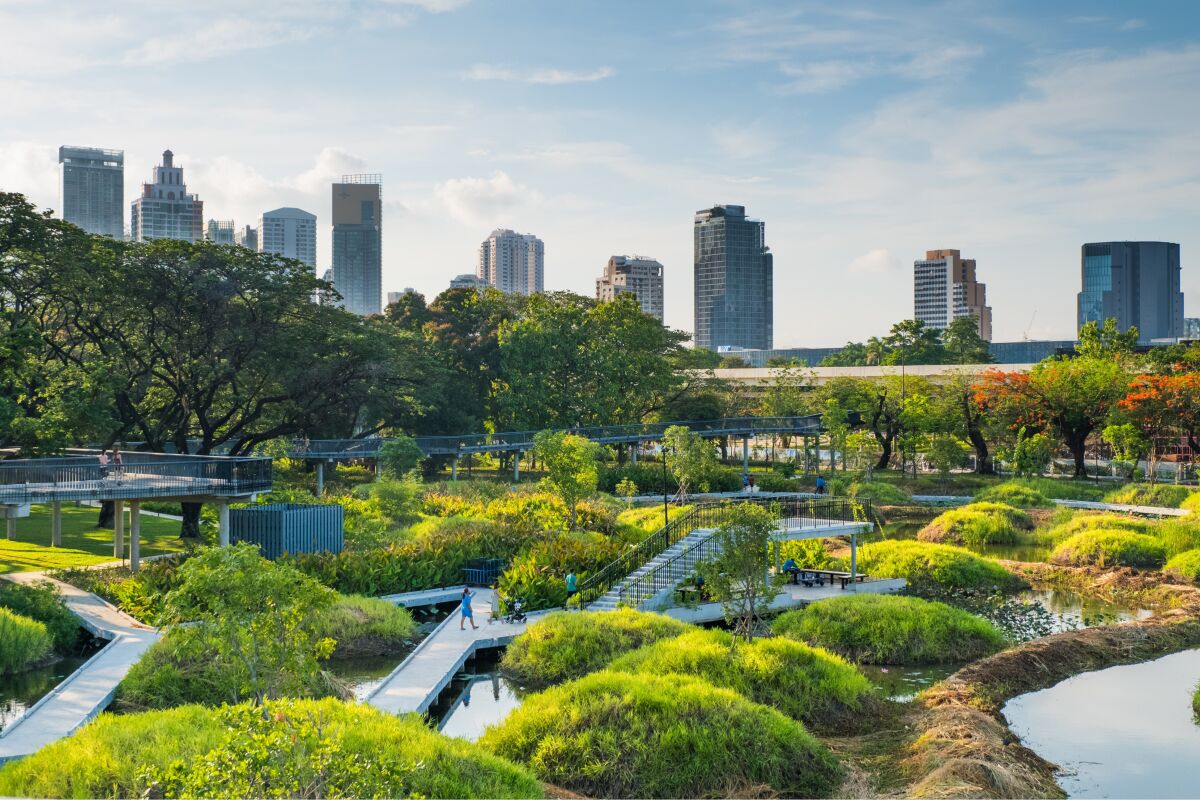

Design Invisible Forests: The "invisible forests" regenerating urban air
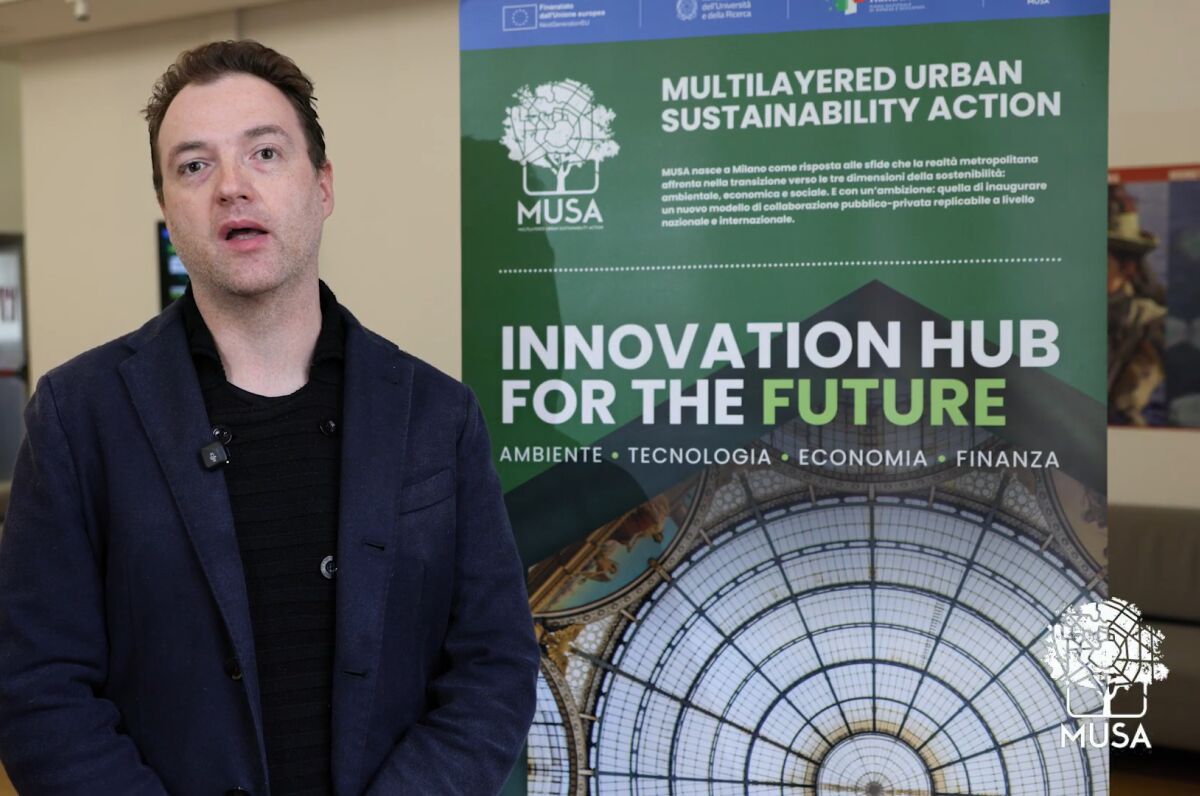

Regenerating Territories through Innovation: The Limes Pharm Project by Limes Mundi
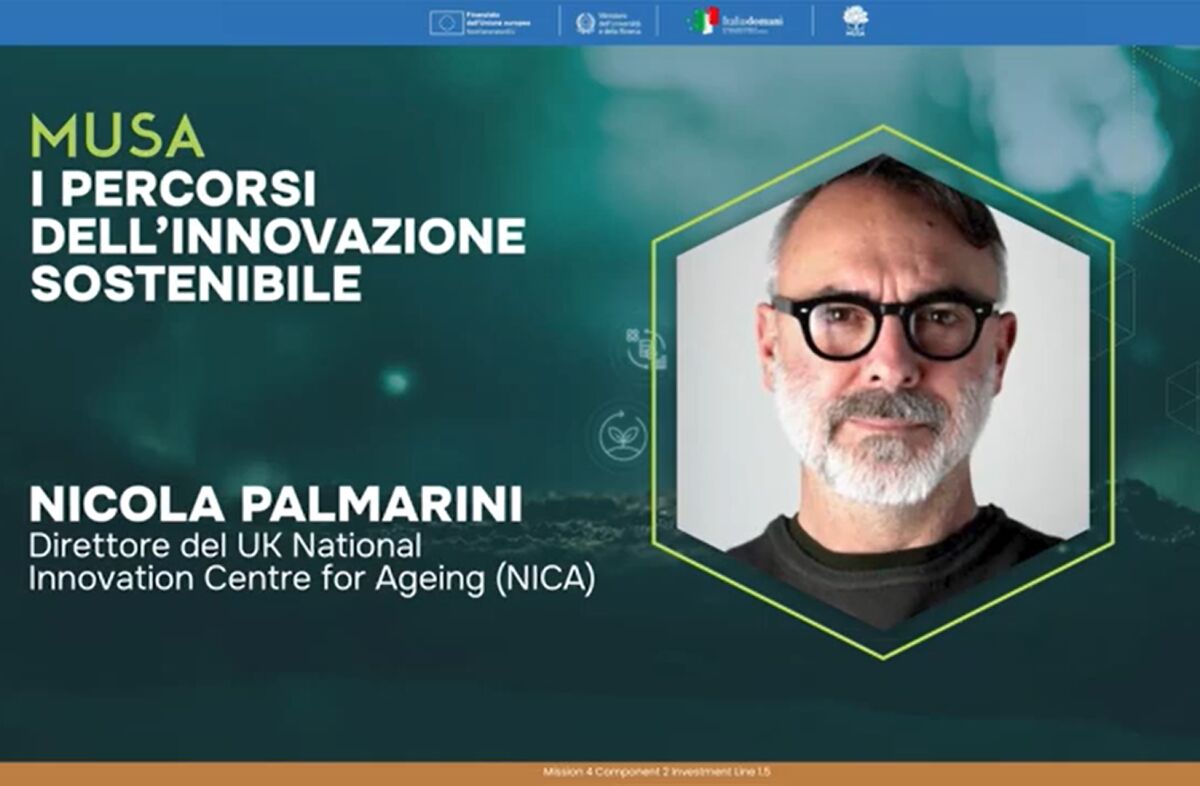

The Key to Long-Lived and Sustainable Cities and Societies – An Interview with Nicola Palmarini
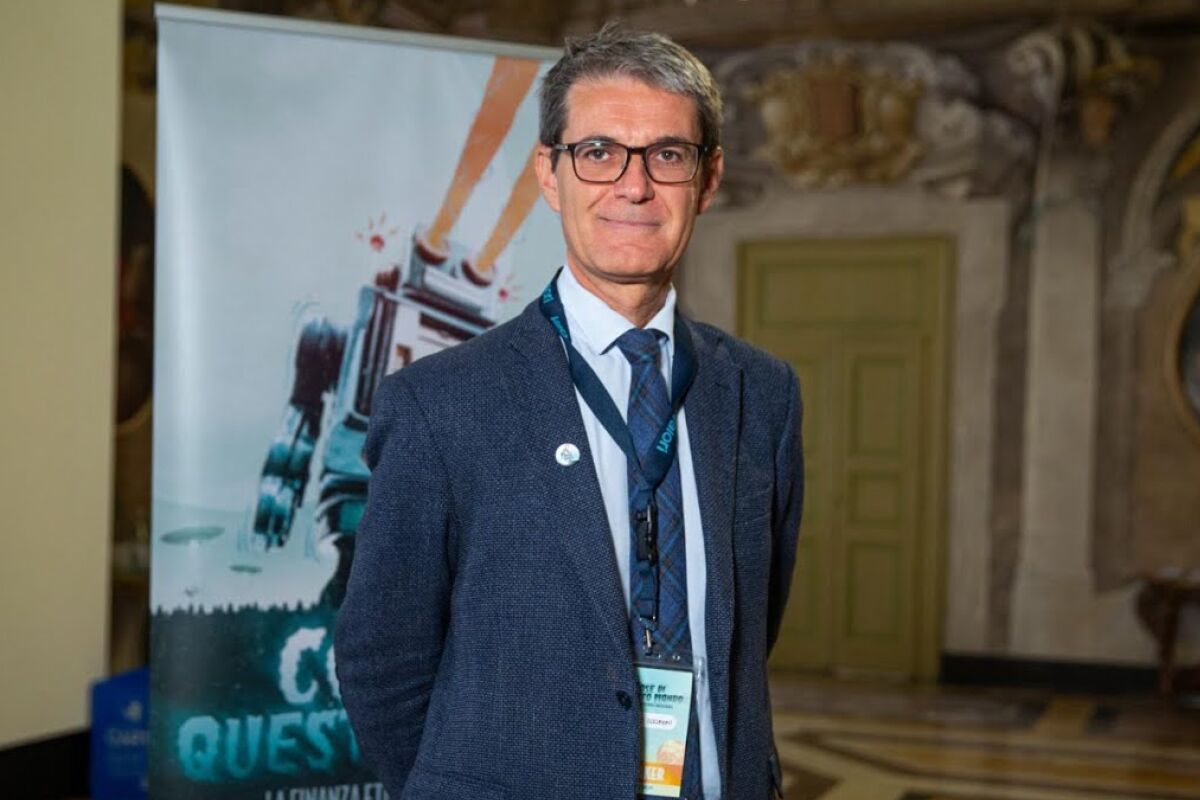

Sustainable Mobility and Integrated Data: The University District as an Urban Laboratory
Read all the news
Spoke Leader
Massimo Labra
Massimo Labra ha una documentata esperienza in botanica generale e sistematica e in biologia molecolare vegetale. Le sue principali linee di ricerca riguardano: - Studio della BIODIVERSITA’ : Analisi della variabilità genetica di specie spontanee e coltivate per la loro caratterizzazione e conservazione. Valutazione degli agroecosistemi allo scopo di studiare strategie di sviluppo sostenibile. - SOSTENIBILITA’: Analisi della qualità degli alimenti e tracciabilità delle filiere agroalimentari mediante l’uso di marcatori molecolari del DNA. Studio dei processi di produzione alimentare e del microbioma per implementare la qualità degli alimenti e determinare la loro origine geografica. - BIOECONOMIA: Valorizzazione degli scarti delle filiere agricole mediante processi di fitoestrazione e approcci biotecnologici con lo scopo di ottenere composti bioattivi ad elevato valore aggiunto e supportare i sistemi agroproduttivi.
SPOKE 1
OBJECTIVES

-

Creation of an integrated platform for urban regeneration based on the 4 Ps: public, private, people, partnership. Introduction of a system that enables the design and implementation of urban regeneration interventions capable of integrating biodiversity, environmental quality, human well-being, and urban-architectural aspects.
-

Reduction of urban waste through technologies for the redefinition of industrial processes, in a circular economy perspective. Valorization of biomass and the creation of integrated biorefineries with the territory. Development of new business models for biomass regeneration.
-

Identification of new energy strategies for urban regeneration. Development of technological and digital solutions, based on innovative management and business models, to promote renewable energies such as photovoltaic and geothermal in an urban context.
-

Innovative strategies for safe and sustainable intermodal mobility. Development of effective methodologies and intelligent tools through technological innovation to support active mobility and sustainable urban planning.
Methods
The Spoke dedicated to urban regeneration follows a shared methodology that allows us to pursue all specific objectives:
- Analysis of the state of the art and the definition of specific challenges in the contexts of green urban regeneration, management of waste biomass, renewable energy, and sustainable mobility.
- Sharing objectives, methodologies, and the work plan.
- Testing and validation in a relevant and/or operational environment of technologies, products, and processes already developed by researchers.
- Aggregating information and formulating effective responses to the challenges of urban regeneration.
- Valorizing the results through a sharing process with stakeholders.
SPOKE 1
Key contribution to the Innovation Ecosystem

Planting the Seeds of Urban Regeneration IInitiating urban regeneration through industrial innovation and sustainable well-being, absorbing/integrating data from Spoke 2 to formulate models for a healthy and sustainable lifestyle; the design of new neighborhoods will be inspired by the social participation models of Spoke 6 (RRI approach).
Cultivating New Human Capital Fostering the development of human capital with multidisciplinary skills in the fields of ecological and digital transition. Contributing to bridging generational and gender gaps through knowledge, training, and sharing.
Wood-wide Web: The Power of Networking Giving life, through synergy between Spoke 1 and other Spokes, to focused projects aimed at understanding the existing relationships between different areas, such as biodiversity, the environment, and health. Activating technological synergies with, for example, methodologies dedicated to circularity in the fashion sector (Spoke 5) and green deep tech technologies. Investigating behavioral aspects and economic valorization strategies of ecological transition, thanks to cross-pollination with other Spokes dedicated to finance and society.\"








